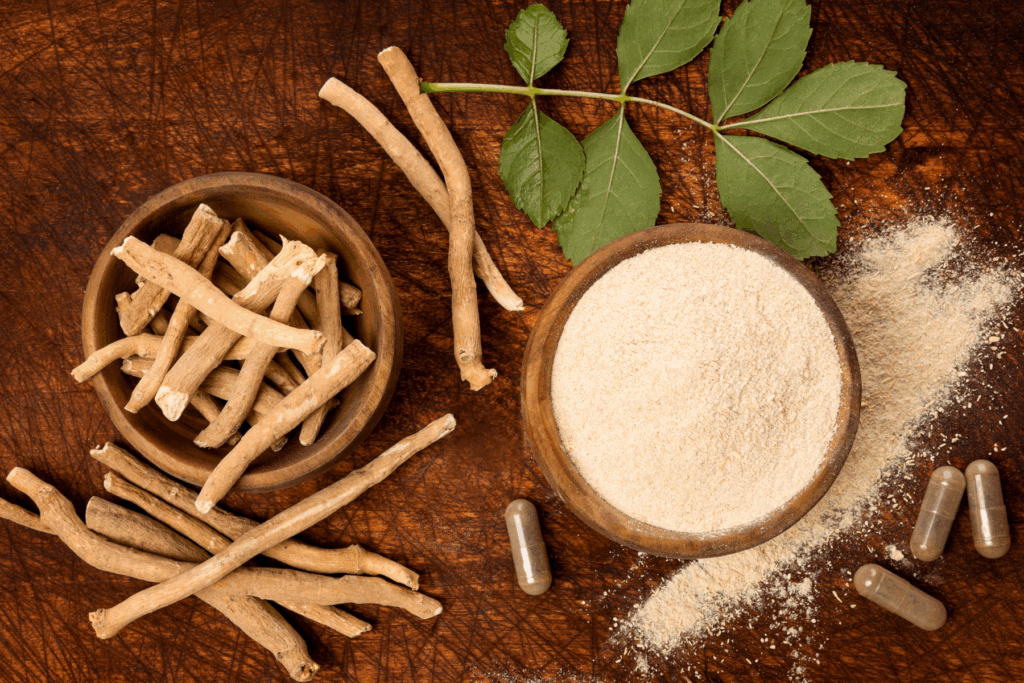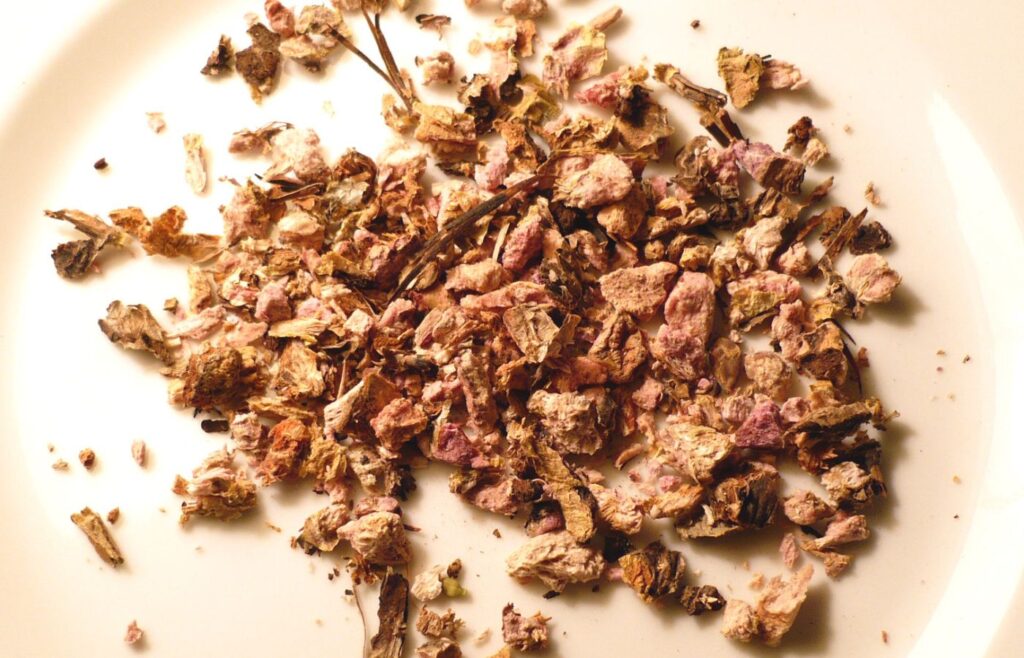When people think of plant-based eating, one of the first concerns is protein—where to get it, how much is enough, and whether it can actually taste good. The good news is that plant-based proteins have come a long way, and you don’t need to sacrifice flavor or satisfaction to eat more plants. Whether you’re fully vegetarian, trying out Meatless Mondays, or simply looking to reduce your meat intake, these protein sources are nutritious, versatile, and filling.
Why Plant-Based Proteins Belong in Any Diet
Plant proteins offer more than just protein. And they are no longer just for vegans—they’re great for anyone reducing meat or seeking more variety.Many are rich in fiber, antioxidants, and essential vitamins and minerals that support heart health, digestion, and sustained energy. They’re typically lower in saturated fat and cholesterol than animal proteins, making them a smart choice for cardiovascular wellness. Because many plant proteins are high in fiber, they digest more slowly than refined carbs, keeping you fuller for longer and helping to stabilize blood sugar. That combination of protein and fiber can be particularly helpful for managing energy levels throughout the day.
The Best Plant-Based Protein Sources
Lentils are one of the most versatile and nutrient-dense plant proteins, offering about 18 grams per cooked cup along with fiber, iron, and potassium. Their earthy flavor works well in soups, stews, curries, salads, and even tacos. Chickpeas, also called garbanzo beans, provide roughly 15 grams of protein per cup and have a slightly nutty taste that adapts easily to both savory and sweet dishes. From creamy hummus to roasted snackable bites, they’re a pantry staple worth keeping on hand.
Tofu is one of the most flexible plant proteins, delivering about 10 grams per half cup. It absorbs whatever flavors you cook it with, from smoky marinades to spicy stir-fry sauces to sweet glazes. Choosing firm or extra-firm varieties will help it hold its shape in cooking. Tempeh, a fermented soy product, offers a nutty flavor and chewy texture along with about 15 grams of protein per half cup. The fermentation process also supports gut health. It’s excellent grilled, crumbled into tacos, or sliced into sandwiches.
Edamame, or young green soybeans, make a great snack or salad topping with about 17 grams of protein per cup, plus calcium, iron, and vitamin K. Quinoa stands out as a complete protein, meaning it contains all nine essential amino acids. One cooked cup has about 8 grams of protein along with magnesium, fiber, and a lightly nutty flavor. It works beautifully as a base for bowls, salads, or even a warm breakfast porridge. Black beans bring around 15 grams of protein per cup, with a creamy texture and rich taste that pairs well with rice, sweet potatoes, and smoky spices. They’re perfect in burritos, soups, or veggie burgers.
Making Plant Proteins a Daily Habit
You don’t need to completely remove animal products to benefit from plant-based proteins. Adding just one or two plant-based meals a week can expand your nutrient variety, lower your intake of saturated fat, and introduce new flavors and textures to your diet. The key is to season boldly and cook these ingredients in ways you enjoy—spices, herbs, and sauces go a long way in making plant proteins crave-worthy.
If you’re new to cooking with plant-based proteins, start with dishes you already love and swap in a plant alternative. Replace ground beef in chili with lentils, use black beans in tacos, or toss roasted chickpeas into salads for crunch and protein. Batch cooking can also help—making a big pot of beans or quinoa at the start of the week gives you quick, ready-to-use protein for multiple meals.
Plant proteins are not just for vegans or vegetarians—they’re for anyone who wants to eat in a way that supports long-term health without giving up satisfaction. By incorporating these nutrient-rich foods into your weekly menu, you can enjoy the best of both worlds: the health benefits of plants and the satisfaction of hearty, protein-packed meals. With a little creativity in the kitchen, plant-based proteins can go from an occasional choice to something you truly look forward to eating.
Still confused? You’re not alone! Check out our guide: Nutrition Myths That Just Won’t Die — and What to Believe Instead.



